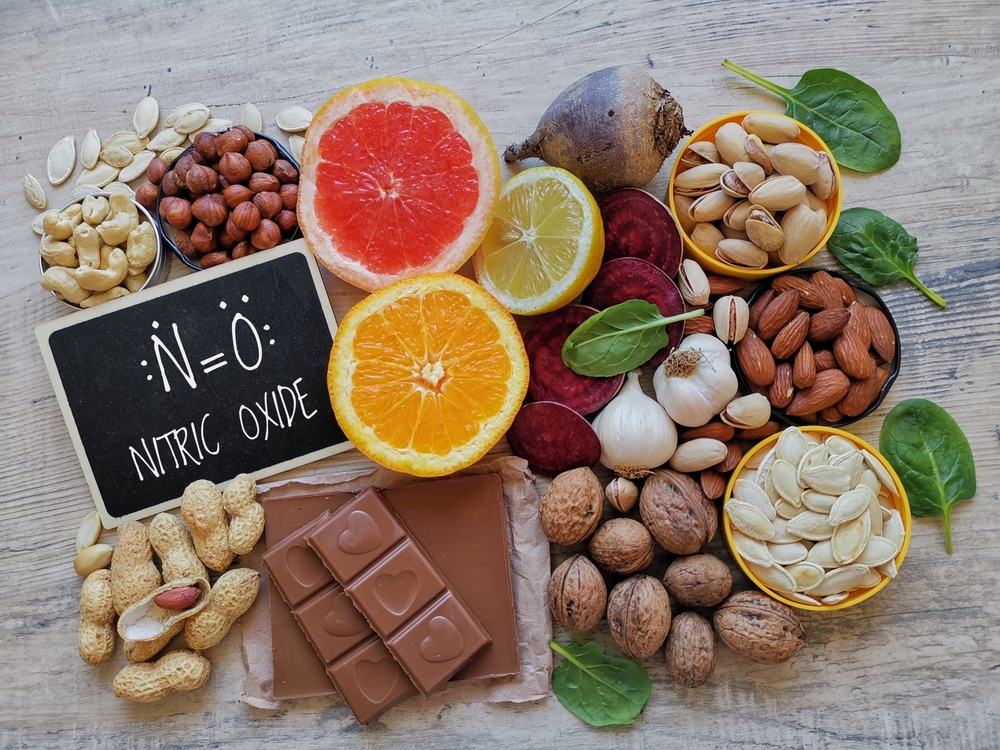Discover Which Common Foods Are Toxic to Dogs and Why
Many common human foods can be harmful or even fatal to dogs. In the United States in 2025, it’s essential for pet owners to recognize which foods pose risks, understand symptoms of poisoning, and know how to respond. This guide outlines key dangers and prevention tips.

Alcohol and Alcohol-Containing Products
Alcohol is toxic to dogs. Even small amounts can cause symptoms such as vomiting, diarrhea, loss of coordination, depression, difficulty breathing, tremors, changes in blood pH, coma, and death. The danger extends beyond alcoholic beverages to common household items like mouthwash and spoiled fermented fruits (e.g., rotten apples), which can contain alcohol.
Because alcohol is rapidly absorbed in a dog’s system, prompt veterinary attention is important. Keep all alcoholic products and any spoiled fermenting foods out of your dog’s reach.
Chocolate, Coffee, and Caffeine-Containing Foods
Chocolate and caffeinated products contain methylxanthines (theobromine and caffeine) toxic to dogs. Symptoms of methylxanthine poisoning include vomiting, diarrhea, excessive thirst, panting, hyperactivity, abnormal heart rhythms, tremors, seizures, and in some cases, death.
Dark chocolate and baking cocoa pose the greatest threat due to high theobromine levels — ingestion of even small amounts can be dangerous for small dogs. If your dog consumes chocolate or caffeine-containing products, consult a veterinarian promptly.
Grapes and Raisins
Grapes and raisins have been associated with acute kidney failure in dogs. Small quantities can result in vomiting, increased thirst and urination, weight loss, and potential kidney damage. Although the exact toxic compound is unknown, it is recommended to avoid giving these fruits to dogs to reduce the risk of poisoning.
Xylitol – The Sneaky Artificial Sweetener
Xylitol is found in many sugar-free gums, candies, toothpaste, and some fruits and vegetables. In dogs, xylitol can cause a rapid release of insulin, leading to hypoglycemia (low blood sugar) and potentially liver damage.
Common symptoms after ingestion include vomiting, weakness, difficulty walking, collapse, and seizures. If you suspect your dog ingested xylitol, seek emergency veterinary care immediately—even small amounts can be harmful.
Onions, Garlic, and Other Allium Vegetables
Onions and garlic, members of the Allium family, contain compounds that can damage dogs’ red blood cells, causing hemolytic anemia. Garlic is considered more potent than onions.
Ingesting these can lead to pale gums, elevated heart rate, weakness, fainting, and reddish or dark urine. Symptoms may appear days after ingestion. Avoid all forms, including powders, and contact a vet if exposure is suspected.
Raw Yeast Dough
Raw bread dough can expand in the stomach, causing gas buildup, bloating, and potentially serious complications like stomach torsion (bloat). The yeast also ferments, producing alcohol internally, which adds to toxicity concerns.
Symptoms such as abdominal pain, distress, and restlessness require prompt veterinary evaluation.
Raw Meat, Eggs, and Raw Bones
Feeding dogs raw meat and eggs carries a risk of bacterial infections from pathogens like Salmonella and E. coli, which can affect both pets and humans. Raw eggs contain avidin, a protein that may reduce vitamin absorption, possibly affecting skin and coat health.
Raw bones pose choking hazards or may cause internal injuries from sharp fragments, sometimes requiring surgery.
Avocados
Avocados contain persin, a fungicidal toxin in the fruit, pits, leaves, and plant. Dogs are generally more resistant than some animals, but persin can cause vomiting, diarrhea, and, in severe cases, more serious effects.
To minimize risk, avoid giving avocado or its parts to dogs.
Excessively Salty Foods
Foods high in salt, such as chips and pretzels, can cause sodium ion poisoning in dogs. Symptoms include excessive thirst, vomiting, diarrhea, irregular heart rhythms, tremors, seizures, and in serious cases, death.
Avoid sharing salty human snacks and monitor your dog’s overall sodium intake.
Other Notable Harmful Foods
- Tomatoes: The green parts (stems, leaves) contain solanine, which may cause gastrointestinal upset, lethargy, and confusion. The ripe tomato flesh is less toxic but still best avoided.
- Cinnamon: Not highly toxic but can irritate dogs’ mouths and airways, causing coughing and breathing difficulties. Large amounts should be avoided.
- Ice Cream: High sugar and lactose content make it unsuitable, especially for lactose-intolerant dogs, potentially causing digestive issues.
- Almonds: Difficult to digest and can cause choking. Salted almonds increase risks related to sodium.
What To Do If Your Dog Ingests a Harmful Food
- Note the type and amount of food ingested.
- Contact your veterinarian or the ASPCA Animal Poison Control Center at (888) 426-4435 for advice.
- Monitor for symptoms like vomiting, diarrhea, weakness, tremors, excessive thirst, or breathing difficulties.
- Early veterinary intervention can help prevent serious health problems.
Keeping Your Dog Safe in 2025
To help protect your dog’s health in 2025 and beyond, consider these recommendations:
- Avoid feeding your dog any of the foods listed above.
- Store harmful foods securely where dogs cannot reach them.
- Educate family and guests about the risks of sharing human foods with pets.
- Keep emergency vet contacts and poison control numbers accessible.
- Provide balanced commercial or veterinarian-approved dog foods.
- Offer safe treats such as frozen fruits like strawberries, raspberries, or apples as alternatives to dairy treats.
By staying informed and cautious about what your dog eats, you can support their well-being and reduce the risk of accidental poisoning.
Sources
- ASPCA: People Foods to Avoid Feeding Your Pets
- WebMD: Foods Your Dog Should Never Eat
- The Dog Kennel Collection: 10 Foods Dogs Should Not Eat
Disclaimer: All content, including text, graphics, images and information, contained on or available through this web site is for general information purposes only. The information and materials contained in these pages and the terms, conditions and descriptions that appear, are subject to change without notice.




